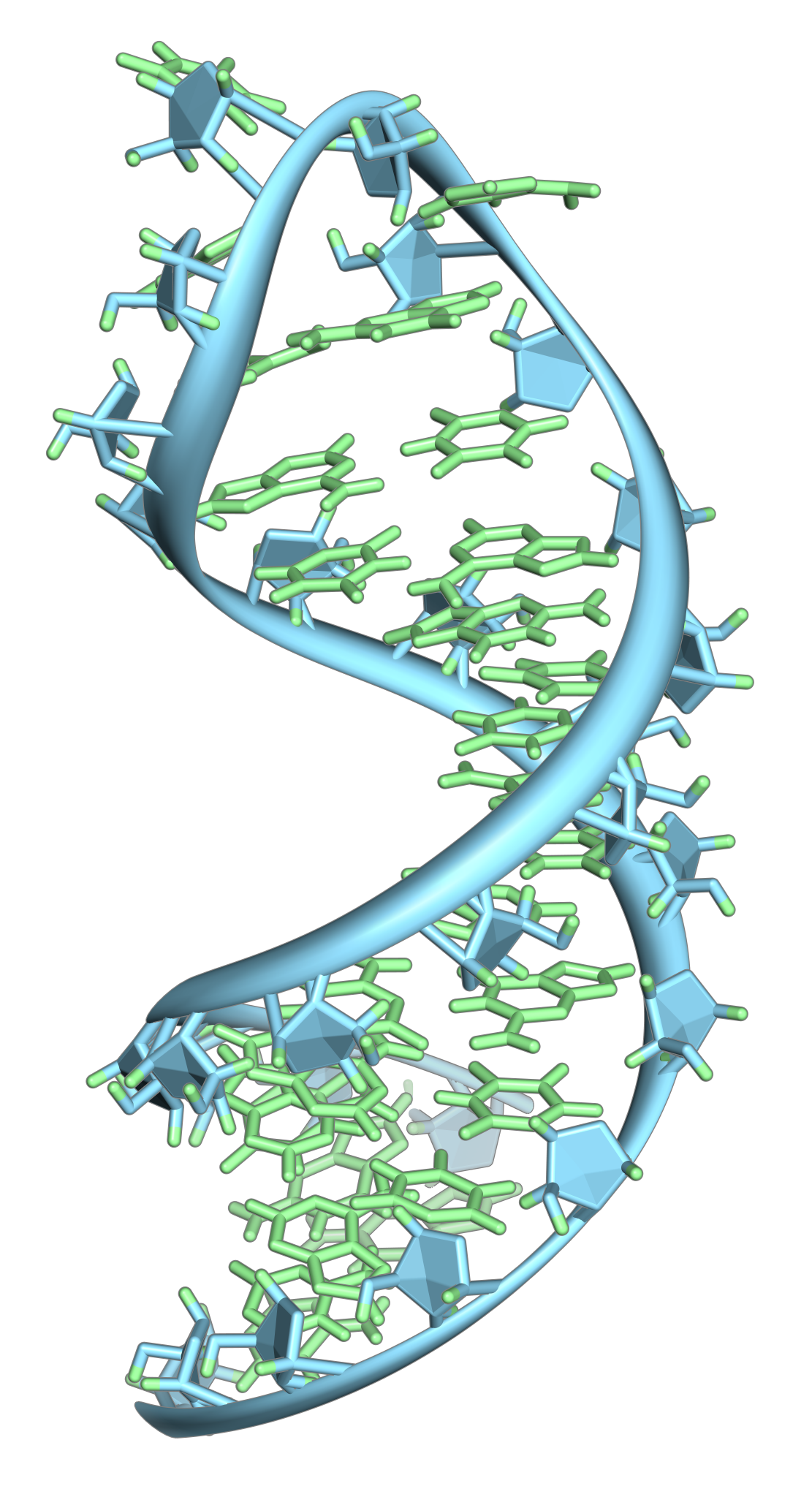- cross-posted to:
- medicine@mander.xyz
- cross-posted to:
- medicine@mander.xyz
Alzheimer’s disease, which is expected to have affected about 6.7 million patients in the U.S. in 2023, results in a substantial loss of brain cells. But the events that cause neuron death are poorly understood.
A new Northwestern Medicine study shows that RNA interference may play a key role in Alzheimer’s. For the first time, scientists have identified short strands of toxic RNAs that contribute to brain cell death and DNA damage in Alzheimer’s and aged brains. Short strands of protective RNAs are decreased during aging, the scientists report, which may allow Alzheimer’s to develop.
The study also found that older individuals with a superior memory capacity (known as SuperAgers) have higher amounts of protective short RNA strands in their brain cells. SuperAgers are individuals aged 80 and older with a memory capacity of individuals 20 to 30 years younger.



Don’t let the anti vaxxers know!